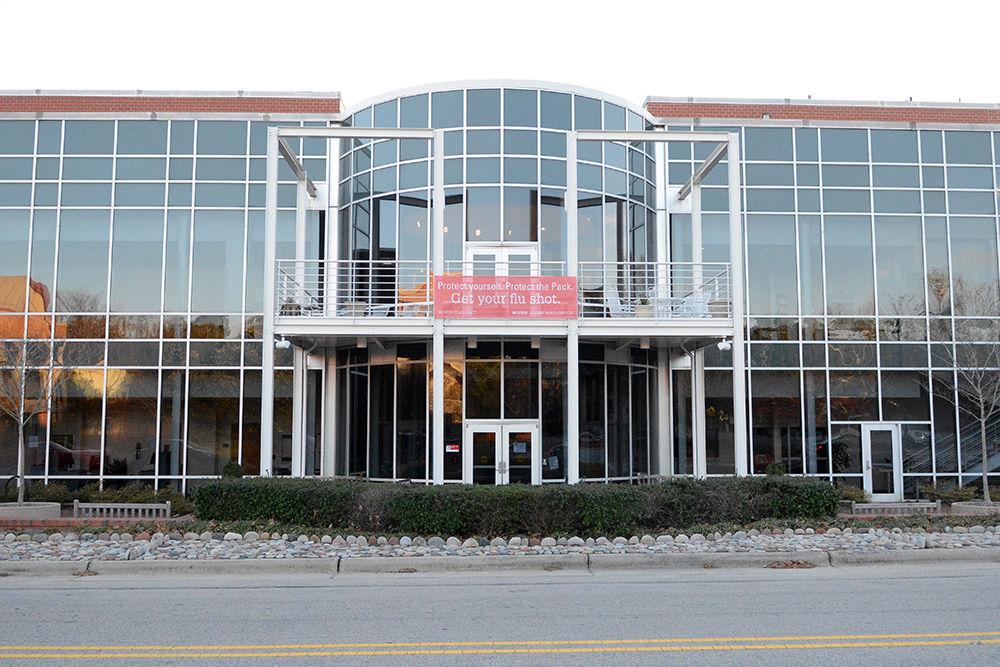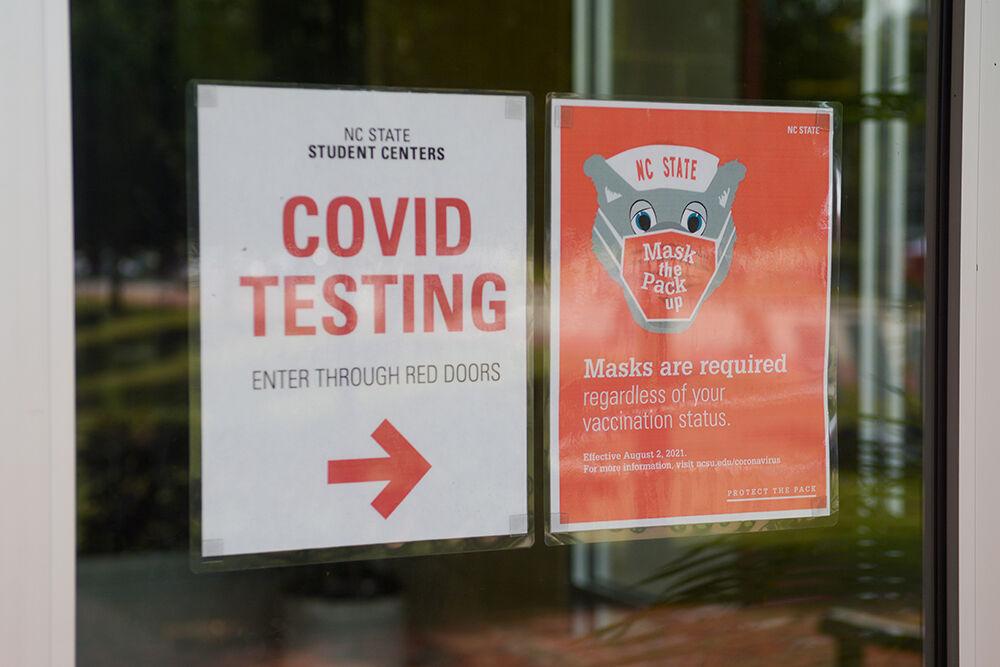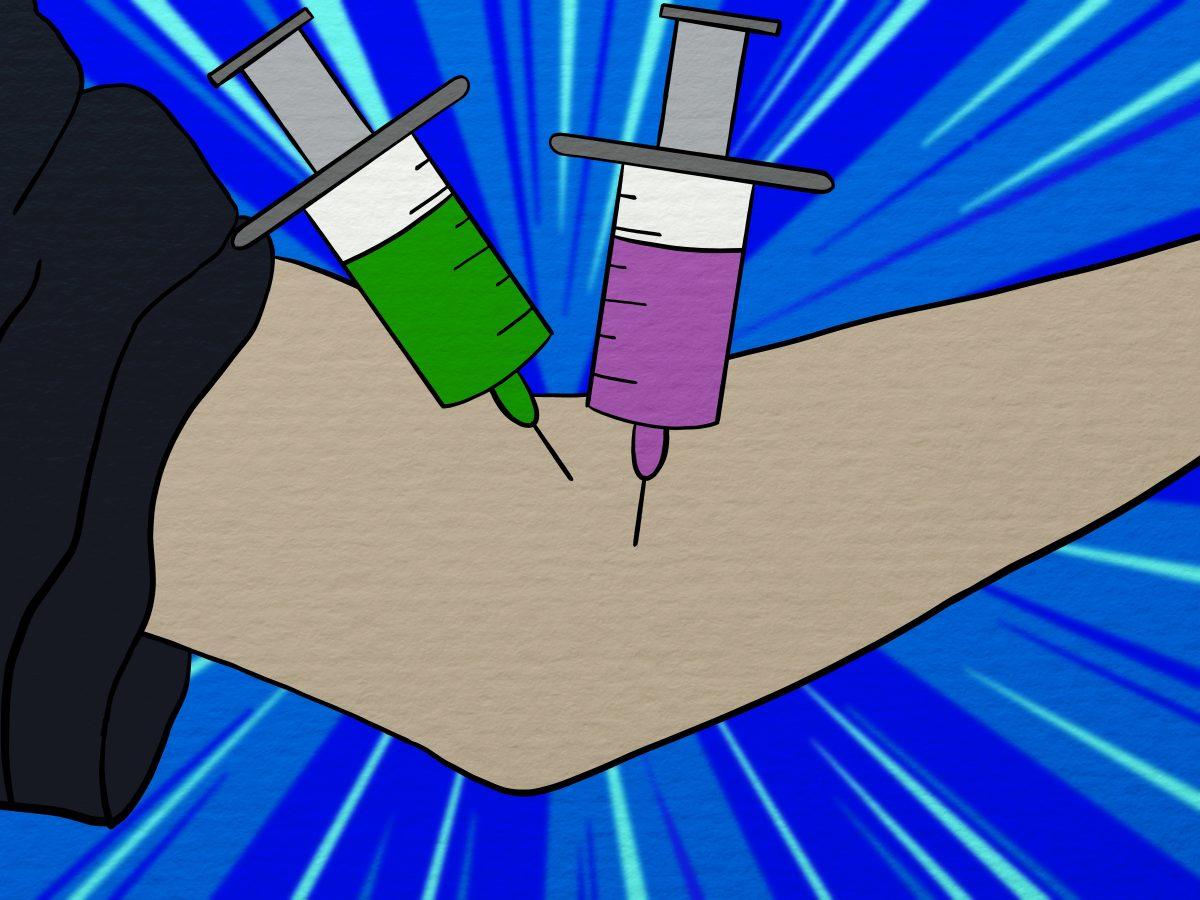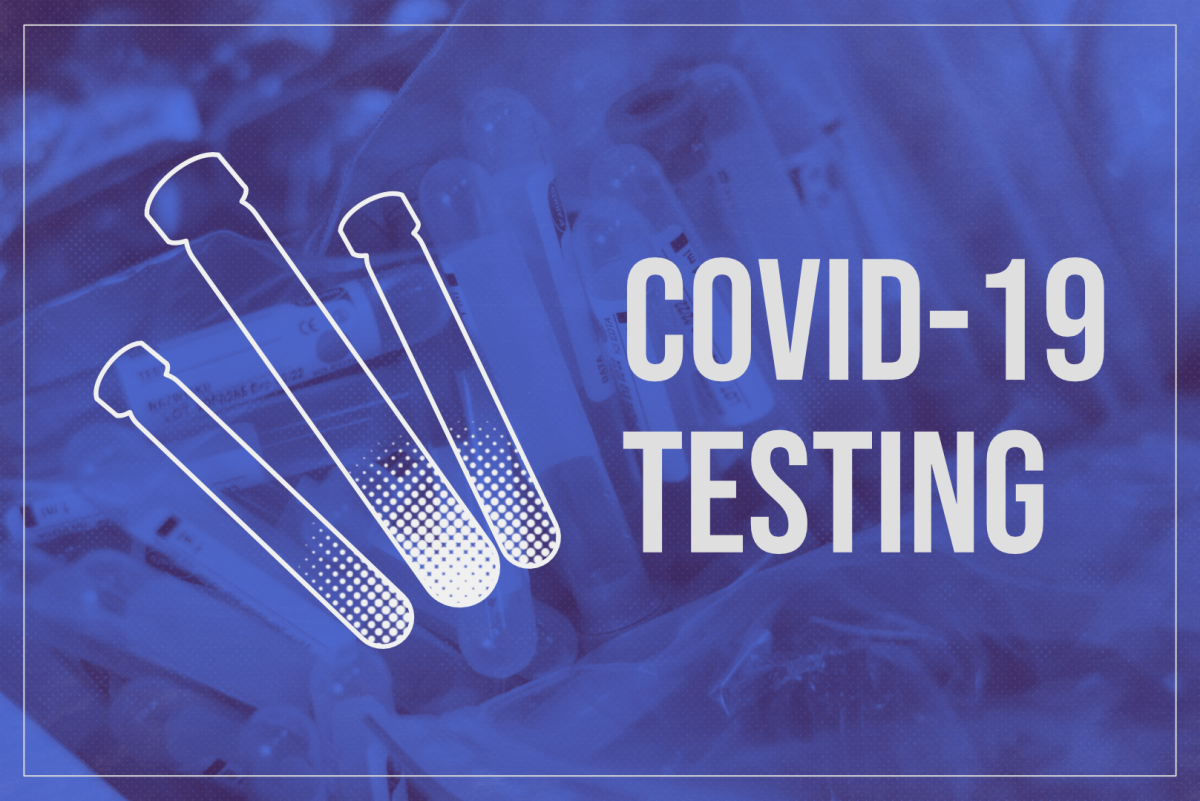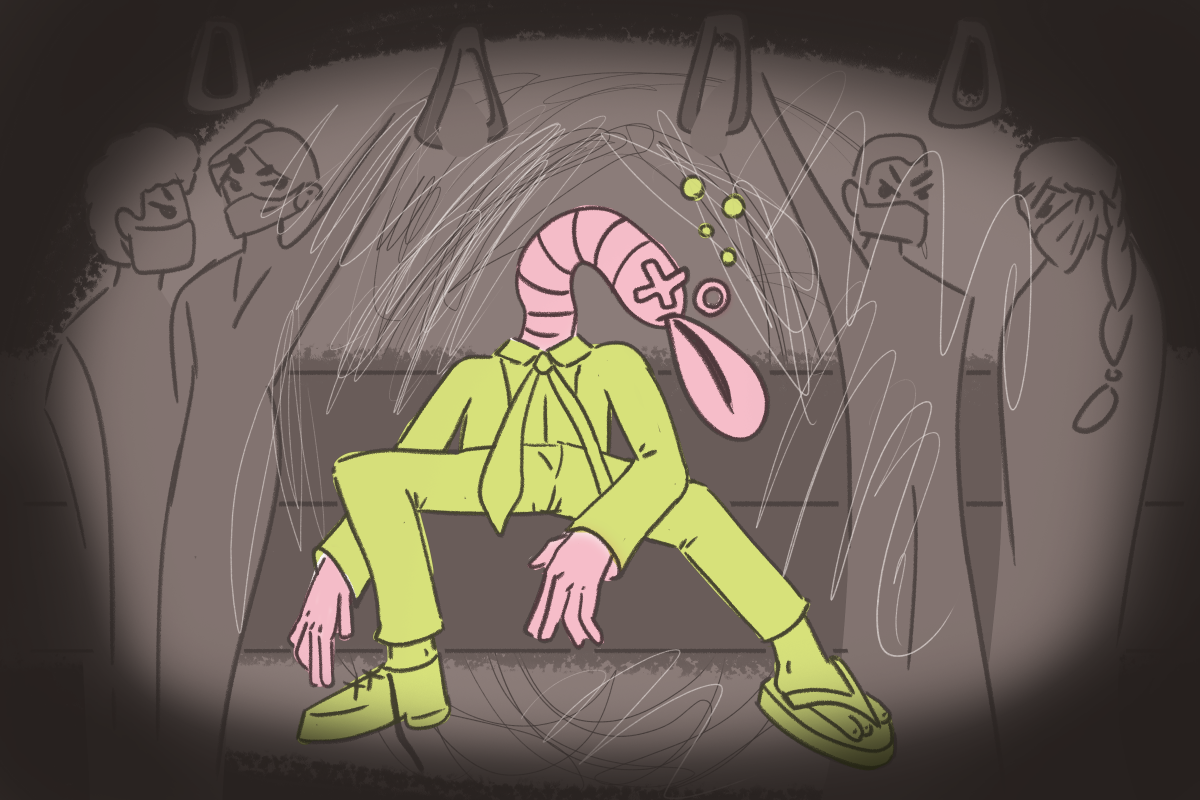Student Health Services is taking steps to slow the potential spread of COVID-19 and is expected to remain open as long as all of campus is open, according to Dr. Julie Casani, director and medical director of Student Health Services.
“As long as campus is open, there will be some degree of services,” Casani said. “I don’t anticipate us shutting down totally. We’re considered a critical service on campus.”
The center has seen a reduction in service recently, with only primary care and gynecology service providers operating. Most of the center’s staff remains working in person, though sick members are encouraged to stay home, and some staff are working from home, Casani said. This, along with requiring students to schedule appointments over the phone, has all been in the interest of reducing the potential spread of the coronavirus.
“We were concerned that we would get a big surge of students coming in, so we wanted to make sure we were focusing our attention on COVID-19, then on top of that, the ability for even mandatory workers to not have to come to work if they had other responsibilities,: Casani said. “Our staffing is impacted by that; we have less staff on site. It’s a combination of things.”
While it’s possible that the virus will show up on campus, the steps taken by NC State administration as well as the practice of social distancing should slow the spread, Casani said.
Casani said standard procedure for COVID-19 testing involves seeing if students have symptoms, then testing for the flu. If someone tests negative for the flu, then the test for COVID-19 is administered. Casani said the likelihood that someone has both the flu and the novel virus is extremely low.
“In all of the information that we have, the co-infection rate is near zero,” Casani said. “If the flu test is positive, then we stop there and say, ‘You have the flu; you have to take care of yourself this way.”
Testing for COVID-19 involves a nasal swab. Casani said results are shipped off to a lab, and results are returned in about four or five days. That being said, the test is only reliable if someone is showing symptoms, which is why Student Health Services only accepts patients for testing if they show symptoms. Many can carry the virus without any symptoms.
Casani said insurance should cover most costs of testing at Student Health Services. However, no standardized treatment for the disease currently exists.
COVID-19 is a lower respiratory illness, with symptoms like fever and shortness of breath. This differs from upper respiratory illnesses like the common cold, which are signified by sore throats, runny noses and earaches, Casani said.
Around 80% of people who have COVID-19 will have mild or moderate symptoms, while the other 20% will be more severely impacted. People over 60 with other illnesses are at greatest risk, though Casani said younger populations should still be careful.
“That does not mean that young people will not have a serious infection — it just means that they are less likely to,” Casani said. “In Italy, they’ve had several young people be very, very sick. I know the common perception among students is, ‘I’m just going to get a cold. Who cares?’ The likelihood is yes, you’ll just get a mild infection, but it doesn’t mean you’re not going to get a serious infection. It also doesn’t mean you can’t make someone who is more at risk sick.”


